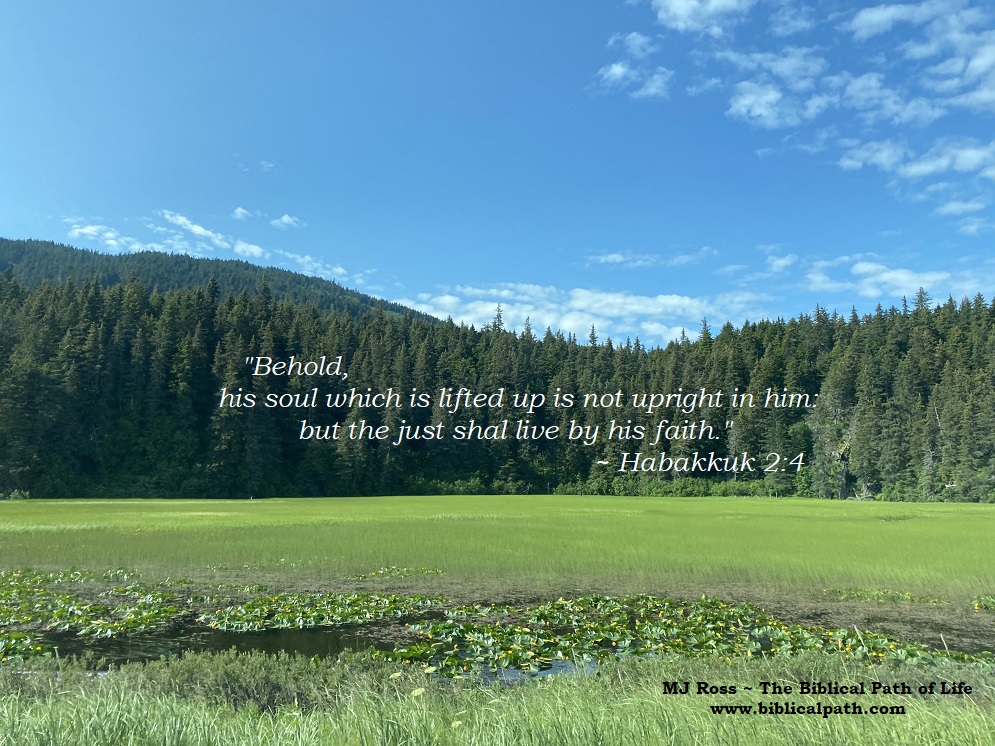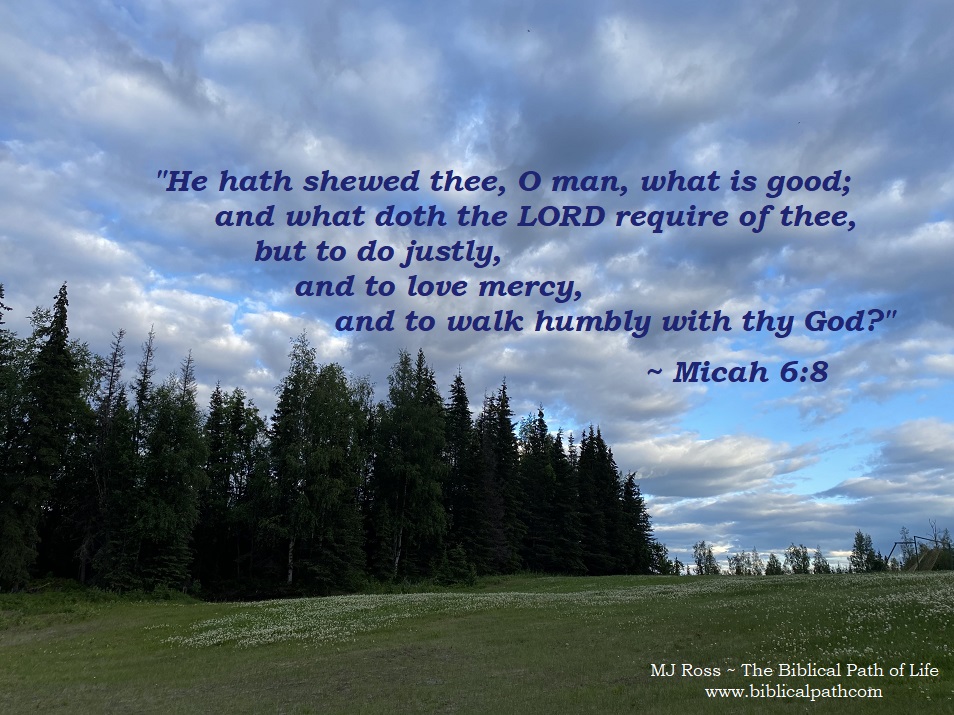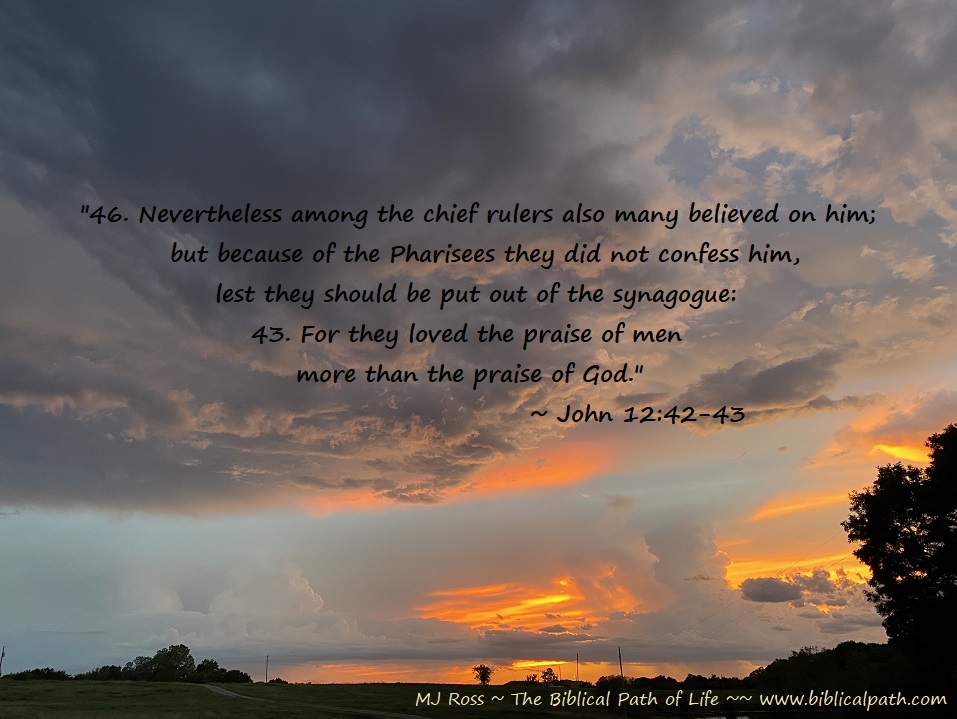
“As ye have therefore received Christ Jesus the Lord, so walk ye in him:”
Colossians 2:6
Christians are to understand that once becoming a Christian there must be a moving forward in the Christian life. It begins with a consistent walk, becoming established in the faith. “6. As ye have therefore received Christ Jesus the Lord, so walk ye in him: 7. Rooted and built up in him, and stablished in the faith, as ye have been taught, abounding therein with thanksgiving” (Colossians 2:6-7). Reading the Bible, is a great place to learn how to walk as a Christian (see 1 Peter 2:2). Then, one begins to grow in that Christian life.
Paul compared the Christian life to a race. “24. Know ye not that they which run in a race run all, but one receiveth the prize? So run, that ye may obtain. 25. And every man that striveth for the mastery is temperate in all things. Now they do it to obtain a corruptible crown; but we an incorruptible. 26. I therefore so run, not as uncertainly; so fight I, not as one that beateth the air: 27. But I keep under my body, and bring it into subjection: lest that by any means, when I have preached to others, I myself should be a castaway” (1 Corinthians 9:24-27). These verses instruct that a Christian life is to be continually moving forward, striving for the goal at the end. With that moving forward, Paul said he kept his body in subjection. He understood the importance of keeping his life true to the Word of God so that he would never lose that Christian testimony. However, he also understood it took much work, and he knew it was a continual process of moving forward in his relationship with Jesus. “13. Brethren, I count not myself to have apprehended: but this one thing I do, forgetting those things which are behind, and reaching forth unto those things which are before, 14. I press toward the mark for the prize of the high calling of God in Christ Jesus” (Philippians 3:13-14). Paul continually moved forward in his growth in Christ. Have you ever heard the saying that “if you are not moving forward, you are moving backward”? It is very true. If Christians do not continually read their Bible, pray, and live according to God’s Word, they digress in that growing process, becoming ineffective Christians.
Peter also reminded Christians that scoffers will come. “3. Knowing this first, that there shall come in the last days scoffers, walking after their own lusts, 4. And saying, Where is the promise of his coming? for since the fathers fell asleep, all things continue as they were from the beginning of the creation” (2 Peter 3:3-4). Scoffers means “to deride; to mock; a mocker, scoffer, spoken of impostors or false prophets.” Not only will there be mockers, impostors, and false prophets, but also there will be men who question Jesus’ promise of returning for the church. Nevertheless, read the assurance we find in God’s Word. “The Lord is not slack concerning his promise, as some men count slackness; but is longsuffering to us-ward, not willing that any should perish, but that all should come to repentance” (2 Peter 3:9). Jesus will come again, but He is waiting for any, and all who will, to be saved. Remember also what Paul wrote: “12. Teaching us that, denying ungodliness and worldly lusts, we should live soberly, righteously, and godly, in this present world; 13. Looking for that blessed hope, and the glorious appearing of the great God and our Saviour Jesus Christ” (Titus 2:12-13). See also: “Henceforth there is laid up for me a crown of righteousness, which the Lord, the righteous judge, shall give me at that day: and not to me only, but unto all them also that love his appearing” (2 Timothy 4:8). There is even a crown for Christians who love Jesus’ appearing.
These teachings are not new, just reminders. “17. Ye therefore, beloved, seeing ye know these things before, beware lest ye also, being led away with the error of the wicked, fall from your own stedfastness. 18. But grow in grace, and in the knowledge of our Lord and Saviour Jesus Christ. To him be glory both now and for ever. Amen” (2 Peter 3:17-18). Grow means “to exceed; increase.” God’s Word is full of warnings: to beware, and to not be led away by error, or even by complacency (remember: “Therefore we ought to give the more earnest heed to the things which we have heard, lest at any time we should let them slip” Hebrews 2:1.) Instead, Christians are called to continually “grow in grace, and in the knowledge of our Lord and Saviour Jesus Christ.” When one grows in grace, that life is transformed. This then causes that Christian to love and seek after God and the things of God. By growing in the knowledge of Jesus, one is continually moving forward in that relationship. That is what Peter was encouraging Christians to do. Read the warning for one who does not grow (or ceases to grow): “But he that lacketh these things is blind, and cannot see afar off, and hath forgotten that he was purged from his old sins” (2 Peter 1:9).
Christians are to understand that once becoming a Christian, they are not finished – for there is a growing process that must take place. Remember also the examples we have in Peter and Paul. Paul understood that he became the mighty man of God he was because of the grace of God (see 1 Corinthians 15:10). However, it also took the labor of Paul to endure, thereby growing in Christ.
Remember: A Christian is never to stop growing in the Lord.
Have you progressed in your Christian life, becoming more like Christ?








